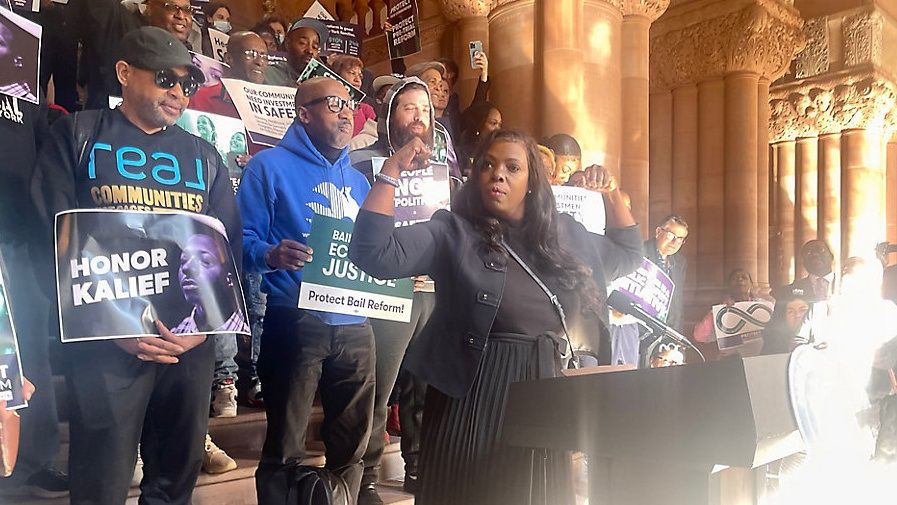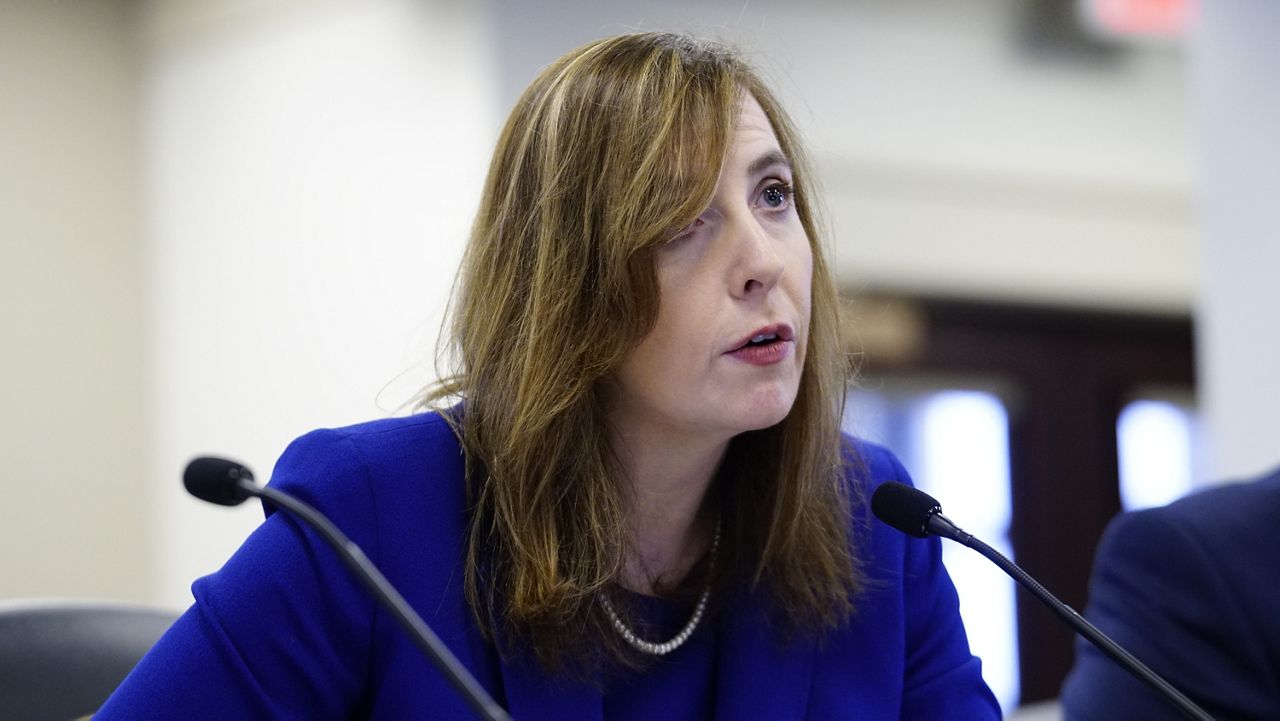Oct. 5, 2021 Editor’s note: The American Psychiatric Association has denounced conversion therapy and related attempts to change someone’s sexuality. Such therapies have been widely discredited by the scientific community. The association has stated its position, in part, as:
The American Psychiatric Association does not believe that same-sex orientation should or needs to be changed, and efforts to do so represent a significant risk of harm by subjecting individuals to forms of treatment which have not been scientifically validated and by undermining self-esteem when sexual orientation fails to change. No credible evidence exists that any mental health intervention can reliably and safely change sexual orientation; nor, from a mental health perspective does sexual orientation need to be changed.
More information on the effects of conversion therapy and other resources can be found at GLAAD’s website
COLUMBUS, Ohio – Legislation to protect minors from healthcare professionals engaging in therapies set to change their identity is at a standstill.
What You Need To Know
- Conversion therapy is the practice of seeking to change a person's sexual orientation or gender identity
- The latest bill would penalize healthcare professionals for engaging in conversion therapy with those 18 and younger
- The bill would not prohibit counseling that provides acceptance, support or identity exploration and development
- Some say the therapy is affirming and in alignment with their values and beliefs
Those in the LGBTQ community said it's tough coming out to family and friends, but being confronted with conversion therapy, also known as reparative therapy, doesn't help once they do.
Andi Logan, 24, heard about it often while growing up.
“I don't think that's even possible, I don't agree with it being legal,” Logan said. “That's not a thing that, like, if you think that a youth is just showing their life with this lifestyle. That shouldn't be a therapy that can be forced on someone.”
Logan first came out as bisexual and then transgender at 21 years old.
Dr. Patricia Gentile, Psychiatric Medical Director at The Buckeye Ranch, said the practice of trying to change someone’s sexual orientation is dangerous, especially for youth.
“Conversion therapy is damaging. It brings more anxiety and more isolation and depression,” she said. “What we really need to be focusing on is helping them to feel less isolated and less alone, and just being allowed to, to live in, in their body with their sense of who they are and not try to question them on their reality.”
Ohio legislators have introduced multiple bills to protect those 18 and younger from the practice, but the bills haven’t gained much traction in the Ohio House or Senate.
Rich Wyler, Founder of Brothers Road in Virginia, has gotten a lot of heat for his support of the practice both nationally and internationally, in part because he runs an international, multi-faith peer support group that brings in people from all over the world, including Ohio.
Wyler said his organization helps men bring their sexual thoughts and behaviors in line with their values.
“What we provide is experiences that really go to the deeper issues of why do I have these feelings, why are they in conflict with my religious feelings, what do I really want to do with these,” Wyler said. “And don't presume upfront that the only solution is to embrace a gay identity.”
Wyler’s been accused of providing therapy that some say is wrong, but he said it’s anything but that having gone through reparative therapy himself in the 90s.
“It was completely affirming,” Wyler said. “It was aligned with my personal goals of getting my sexual behavior under control, repairing my marriage, and building my self-esteem, so it was a very very positive experience.”
While he said he doesn’t endorse coercion, shock therapy or shaming one into changing their identity, his organization did raise its minimum age from 18 to 21, when it comes to those served.
“We wanted to be sure that they were mature enough that they understood what they were doing," he said.
Although many states have passed bills to protect minors, Wyler said it’s not about age, but about someone’s choice to change.
“We need to be able to choose our own path,” he said. “What works for us, I can be respectful of other people's choices I am respectful of other people's choices, but I want them to respect mine too.”
Still, those in the LGBTQ community like Logan believe allowing conversion therapy would do more harm than good.
“I have personally dealt with suicidal thoughts and deep depression and it’s just going to make that easier to happen,” Logan said. “It’s just going to make it easier for teens and even younger than that, children that already know their identity.”
While Cincinnati was the first city in the country to ban the practice of conversion therapy for minors, Ohio is one of 23 states that does not have a state law on the books concerning it. Legislative aides said it’s possible SB 50 may not be taken up until the fall, since the Ohio Senate is expected to take a summer break.
To learn where various cities or states fall on the spectrum, click here.










